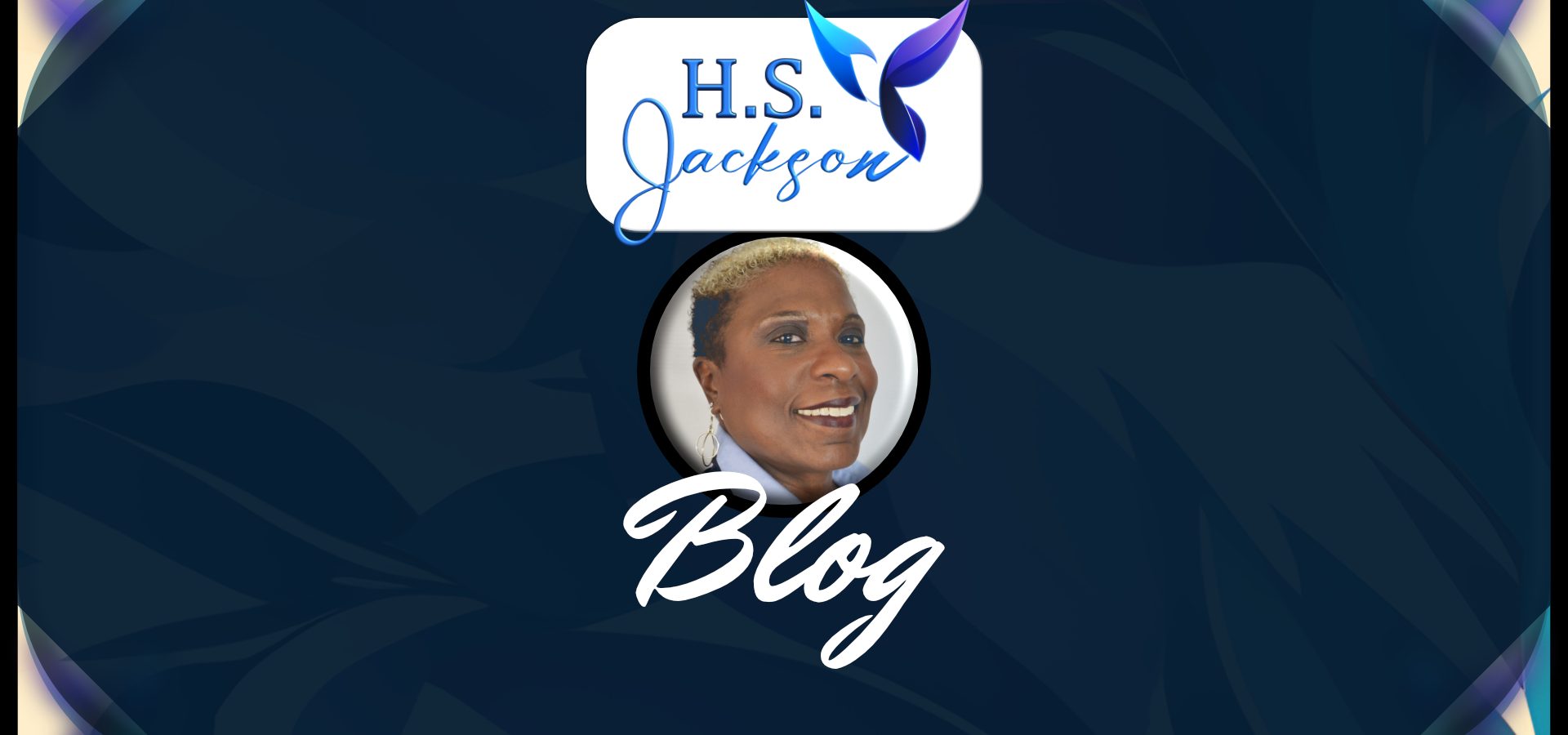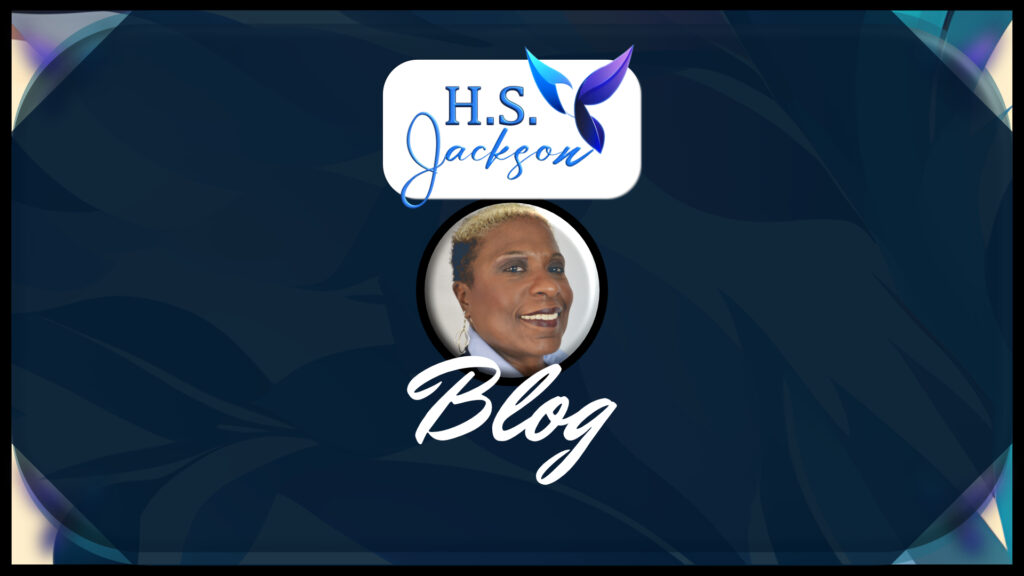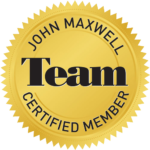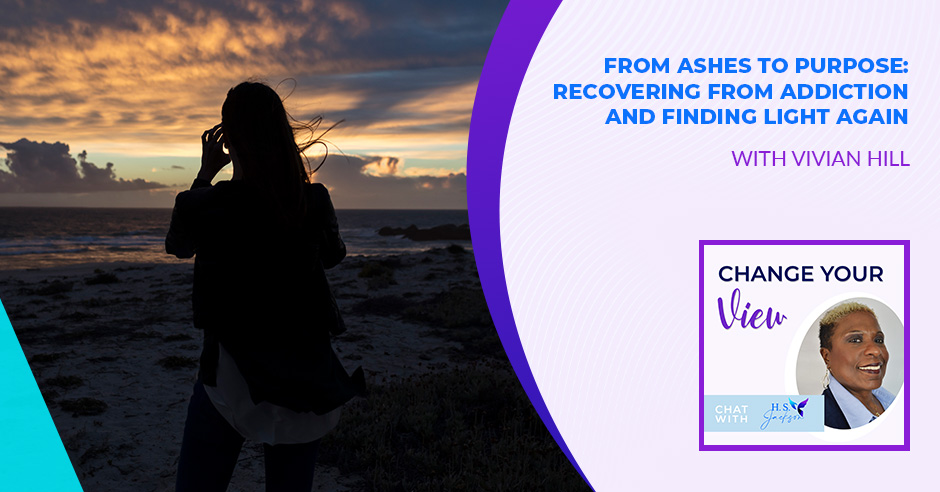
In the ashes of despair, we discover our purpose. There’s no need to give up – ask for help, find hope, and change your view. In this powerful episode, we dive deep into the incredible journey of Vivian Hill, a woman who went from using drugs to live, to living to use drugs, and eventually found her way back to a life filled with purpose and hope. As Vivian opens up about her ten-year struggle with drugs, she reminds that addiction doesn’t discriminate. It takes hold of lives, tears apart families, and leaves individuals feeling trapped in a never-ending cycle. Vivian’s turning point came during a three-day binge, when she found herself at the brink of despair, hungry and contemplating suicide. But in that darkest moment, something extraordinary happened. Vivian’s journey to recovery began, and she discovered the power of surrender, humility, and community. If you or someone you know is facing addiction, this episode is a must-listen. Vivian’s story proves that no matter how deep you’ve fallen, there’s always a way back into the light. Tune in now.
—
Listen to the podcast here
From Ashes To Purpose: Recovering From Addiction And Finding Light Again With Vivian Hill
Vivian, I’m so excited to have this time with you to chat. I am excited about the story that you are going to tell our audience. How are you?
I’m wonderful. Thank you for asking.
We’re going to dive right in because you have a journey. A journey that I want you to take our audience on. We’re going to start, I was reading this one line in your bio that says you used drugs to live and lived to use drugs. That’s a powerful statement. I want you to tell me, how did you get on that journey that you used drugs to live and lived to use drugs? What happened? What caused that?
I used drugs to live and survive. I went through an entire lifespan of total drug use. I feel like I was on a 10-year binge of nothing but drugs. We see people out there on drugs and alcohol, and we think, “Why don’t they just get over it, stop using, and get past it?” A lot of us can’t or I couldn’t because I started getting high in the hospital. When I was at the age of seventeen, I had some major surgery. I was in the hospital for four months. For four months, they were giving me morphine. They were giving me all kinds of dope drugs. It was that time I got hooked. I developed what’s called a tolerance to substance.
When I did get out of the hospital after four months and I tried alcohol and drugs at the age of about 21, I developed that tolerance, so I needed more to feel the effect because I had already become addicted. A lot of time, we think people are on drugs because they want to be on drugs, but you have to listen and hear their background and their story. When I did, after my ten-year bench when I was delivered in 1991, the Lord delivered me from the affliction of alcohol and drugs. I was able to see how other people went through this cycle.
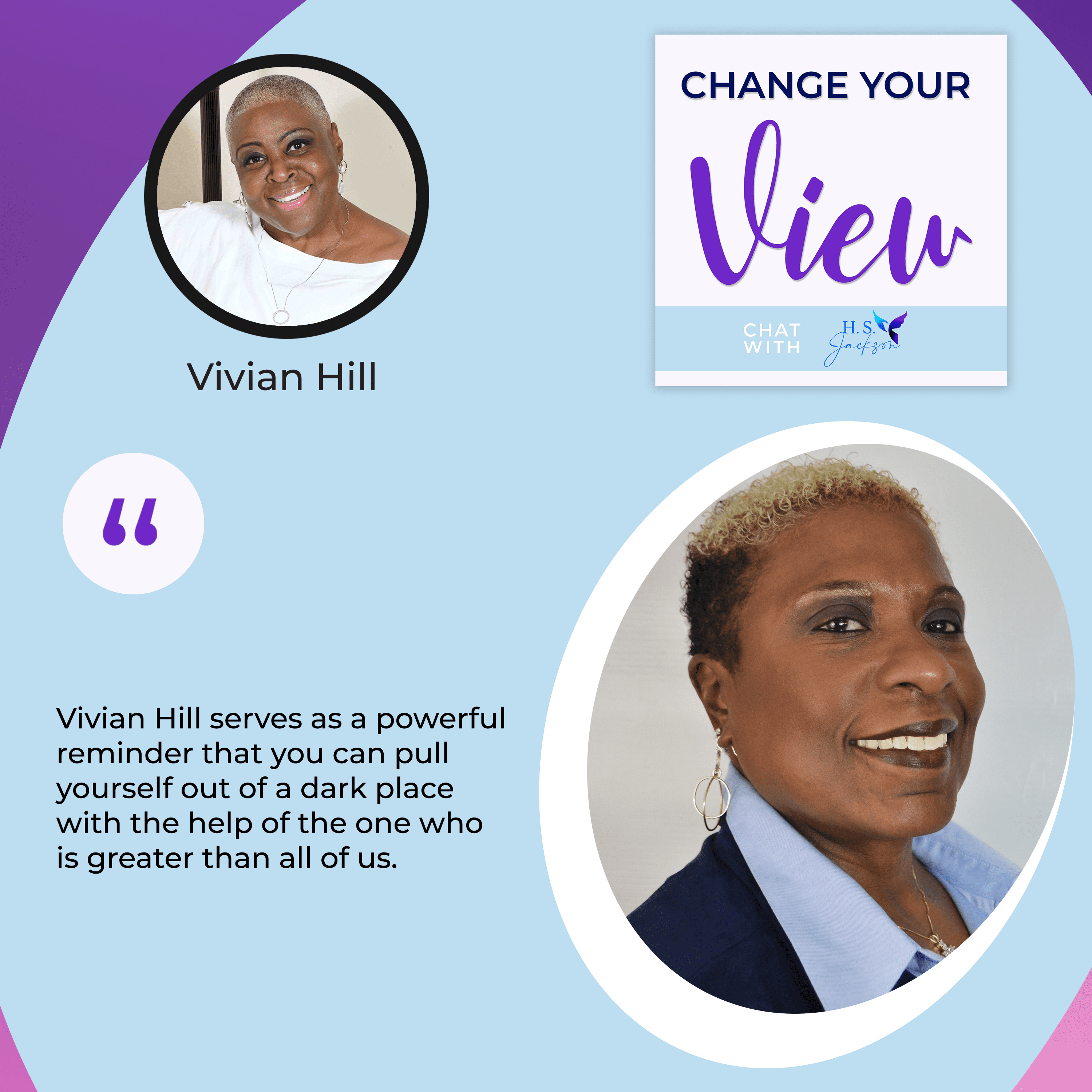
Before you go there, I want us to spend a little bit of time, just a few minutes on how it was and what were your feelings and thoughts during that period that you were in that stint on drugs. You said you were hooked for ten years. What was going through your mind?
Yeah, it was about ten years. I felt like a failure, first of all, because I had gone through so much money. I lost so many things, houses, cars, jobs, everything. I was with several states for fourteen years. I worked for the state of another state. I lost jobs because I couldn’t stop using. I got to a point where I wanted to die. I wanted to commit suicide. I was on a three-day binge where I had not eaten or slept.
Before you go to that part, let me go back because you said something powerful. You were losing. You couldn’t maintain a job and what you had. Did you feel like those things were important to you? Did you feel like the drugs were more important than maintaining being able to survive, move on, and thrive?
The drugs were more important. I had to have the drugs. This is where we go back to I used to live and lived to use. The drugs were more important than getting up and going to work. I had to go find another hit, joint, and drink. I worked for the government as I said. I would keep the government car overnight. It started overnight, then I would keep it over the weekend. I would keep it over the week and I was in a blackout. I had to use drugs just to function.
It came to a point that when I would come to, I would be so disappointed in myself because I came from a family that did not use drugs. I came from a family that was Southern Baptist. We all went to church as kids. We grew up in church. I would look in their eyes and see disgust. I felt like a failure. I felt like I needed to put down the drugs, but I couldn’t do it.
The drugs had more of a control over you. Now, let’s go forward because you tell me how you’re feeling. The drugs were prime in your life. There was no getting away from them at that time. You then said you hit that point where you wanted to die. This was a turning point. What happened? Walk me through that story where the turning point came.
It was a three-day binge. I had not eaten and slept. I would walk miles every day because I would walk from the West side of Chicago to the suburbs seeking drugs from people that I knew. I had gotten to a point when I was so hungry. I went to this chicken house and the chicken smelled so good. It was early morning and I said to the guy, “Sir, can I have a piece of chicken?” I know that they throw the chicken away at the end of the day. I worked for a chicken place when I was a young girl or a teenager. They’re not supposed to resell it the next day.
I knew that for him to give me one piece of chicken wouldn’t have killed him. He said to me, “No, get out of here. Go get a job. Go find a job.” I was on a main thoroughfare, I’ll never forget it. I wanted to die. I left there feeling so humiliated because I could’ve jumped across the counter about 2 or 3 times to get about 4 to 5 pieces of chicken, and eaten it in front of him.
You said, “I could jump over there. Give me a piece of chicken.”
I could’ve done that. I was a thief too. I lied, cheated, and stole. I could’ve stolen a few pieces of chicken and eaten it, but I was trying to do the right thing. When I left there, I wanted to commit suicide. I saw myself running out in front of a Mack truck. I saw the chrome on the truck. It said Mack and had this big dog on it. I was going to do it, but God kept me. Something stopped me from running out in front of that truck. I thank God now that I did not have to do that.
You said something stopped you. Did you hear a voice? Did you have a presence around you? Do you recall? What did you feel at that time when it said, “No, that’s not the plan I have for you?”
I didn’t hear anything, per se. I felt the presence of something. At that time, I didn’t understand it, but I felt the presence of my praying grandmother. I heard my praying grandmother. Now I know it was the Lord that said, “No. Stop. You’re more valuable than that.” I kept walking and I made it home and got some sleep. The next time I went out, I was paralyzed with fear. I was walking in the middle of the street because I thought someone was going to kill me. I was all screwed up. I was walking in the middle of the street and I got paralyzed. I could not walk or move. I started hollering, “God, help me, please.” Three days later, I was in treatment.
Mind you, I had gone to several other treatment programs before, but I went through these treatment programs because my family would look at me with disgust. My jobs would mandate me to treatment because people would say, “You look bad. You smell bad. Go get some help.” Now I know that’s not the way to get help. Me calling out to the name of the Lord saying, “God help me” is what got me into treatment and allowed me to stay in treatment. That’s what made me want to get better and feel better.
The point that you’re saying there sounds to me that it’s not about the other person. It’s about you. You have to wake up and say, “I’ve had enough. I’m doing this for myself. It’s not that you are pressuring me to make this change. I know I need to make this change, but then God is speaking to me that it’s time for me to make this change.” That’s the turning point, sounds like, for a person not being influenced by outside factors.
You’re so correct. I could not stay clean for them. I’d go into treatment for them, but I didn’t want to be there. It’s like I would stay there long enough to appease them. Afterward, I’d come back out and get high. I got sick and tired of being sick and tired of the way I was looking, living, and feeling. When I called out to the name of the Lord, I believed that God heard me because he heard me all the time, but he was waiting for me to ask for help. He was waiting for me to say, “Help me, Lord.” He couldn’t help me with them asking for help. I had to do it on my own. When I did, He saved me. He delivered me. November 23rd, 1991. I’ll never forget it. I went into treatment and I never looked back. Jesus, my Lord. He brought me out of the darkness.
Let’s move forward now a little bit in time. Now you are out of treatment.
Yes.
What would you say is the milestone for you where you said, “I know I’m not going to go back now” because all the other times, you got clean before. You went in, but you knew that this time it was for you. What was that milestone for you when you knew that you had finally reached that threshold where you were not going to go backward?
It was to keep humbling myself and asking for help. I had such pride and arrogance that I wasn’t going to ask for help or anyone to help me. I would get clean. After I slept and ate, I didn’t want anybody to tell me what to do. I could do this on my own. When I got clean this last time, I was able to stay clean because I was able to listen to other people. I was able to hear other people and ask someone to show me what to do because I didn’t want to go back. I was able to cry out to God and continue to listen to Him because I knew that I couldn’t do it on my own.
I kept thinking before, “I could do this. I could do that. I’ll slow down. I’ll try this. I’ll put my rock on this side of the pipe. I’ll smoke only a little bit. I could do this on my own. I’ll be drinking beer and not drink the hard liquor.” I had little methods that I thought I could control, but I couldn’t control it. I started listening to people. I did what they suggested. I went to a halfway house, even though I had my own house. I thought that I could stay sober because I had my own house, so I didn’t need to go to a halfway house. I didn’t need to go to AA. That last time I wanted to die, take pills to end my life, run out in front of a Mack truck, and get shot pressured me into saying, “I don’t want that. I know I won’t live.”
To me, it sounds like your three key ingredients were surrendering, humility, and community.
Correct.
If I sum it up, it seems like that’s what you’re saying, surrender, humility, and community.
We are not created to be alone. That’s one thing I know. I have to surrender to a higher power than us. We need to be humble to know that we need help. I appreciate you reinforcing that that’s what we need to understand about ourselves. That’s part of our identity. That doesn’t mean that you cannot stand alone. What it means is that you are not intended to think that you have to go all alone to solve your problems. You’re solving your problem, but you have a community to help you stay up. It was all about love. As drug addicts, we know when people genuinely care about us. We know when people love us. All we’re looking for is love like everybody else, but we smell so bad and look so bad. Nobody wants to hug us and share love.
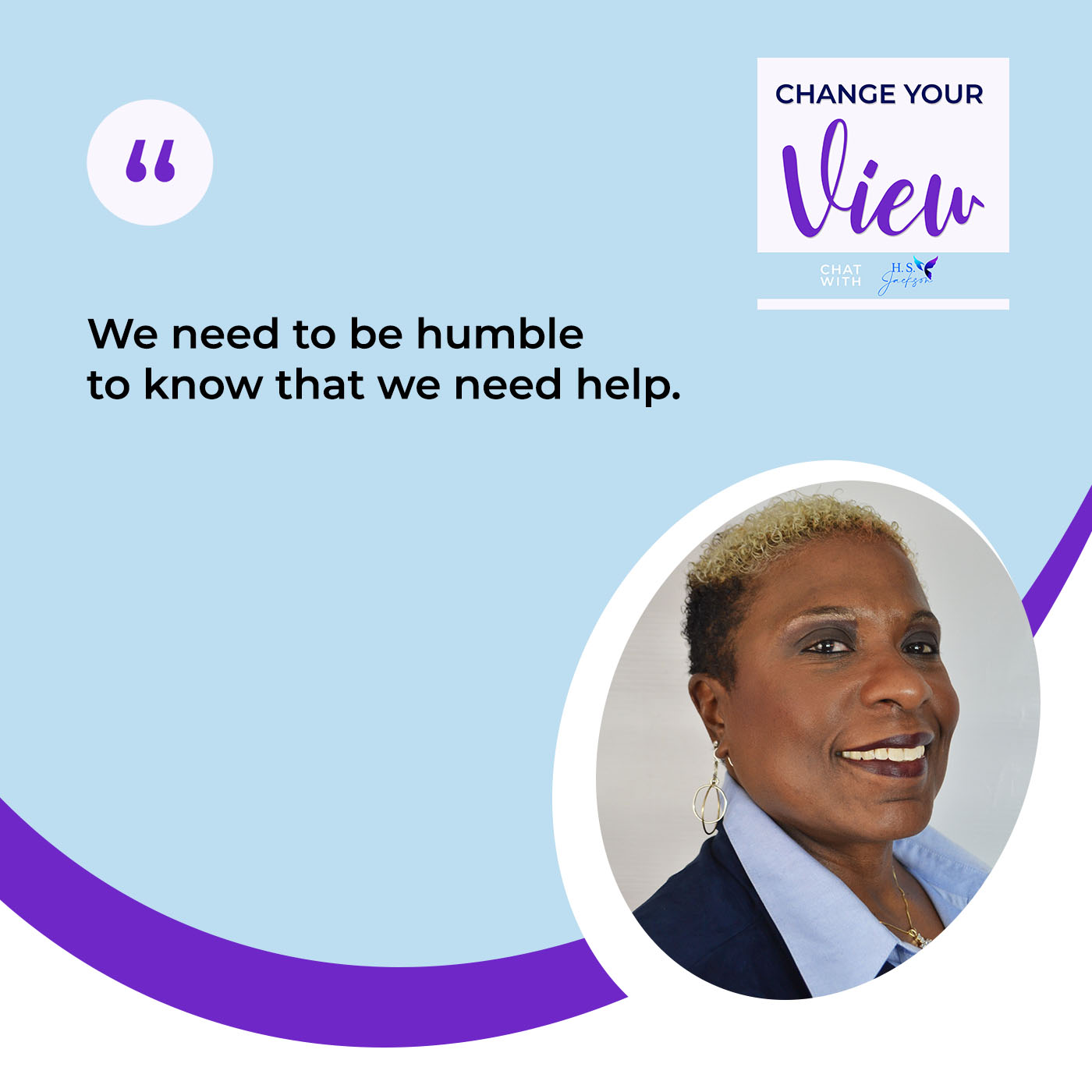
This is about being transparent. I want you to be transparent here.
All I needed was love. I didn’t need them to look at me with disgust and feel bad to be around me. Not want to introduce me to people, not want to be a part of the family or whatever. AA accepted me. AA taught me how to get back to God, ask for help, humble myself, and realize that I couldn’t do it by myself. By myself, I will self-destruct and blow up because I did it many times. I had “friends” that were trying to do the same thing I was trying to do. I had people around me who, I believe, genuinely cared. Many wonderful and great things have happened to me since the Lord delivered me from alcohol.
That’s why I want us to move forward now. I want someone to know that where you are doesn’t mean that you have to stay there. We have to breathe. If anybody is tuning in who feels that they are in a dark place and there’s no getting out of that place, please listen to Vivian’s story because you can pull yourself out with the help of the one who is greater than all of us. Let’s move forward. Now you’re out. You’re going to meetings. You were living and existing. Now you’re thriving. I want you to tell me how you got started and where you are now. Tell me how you got to this point and then let the audience know where you are as you progress.
I started listening to other people and taking suggestions. Each day, it got a little easier. I remember being at an AA meeting saying, “I feel like I’m holding on and on a merry-go-round.” Somebody said, “Just don’t let go.” It was that simple calm voice. Being around people who had sobriety, I was able to move forward. One day at a time, it got a little easier. I went to AA meetings I didn’t like. A lot of them, I didn’t like. I felt like I was there listening to their story and their story was worse than mine until someone told me, “What do you think you look like?” I went to the halfway house. There were 23 women. All of us had 23 different issues every day.
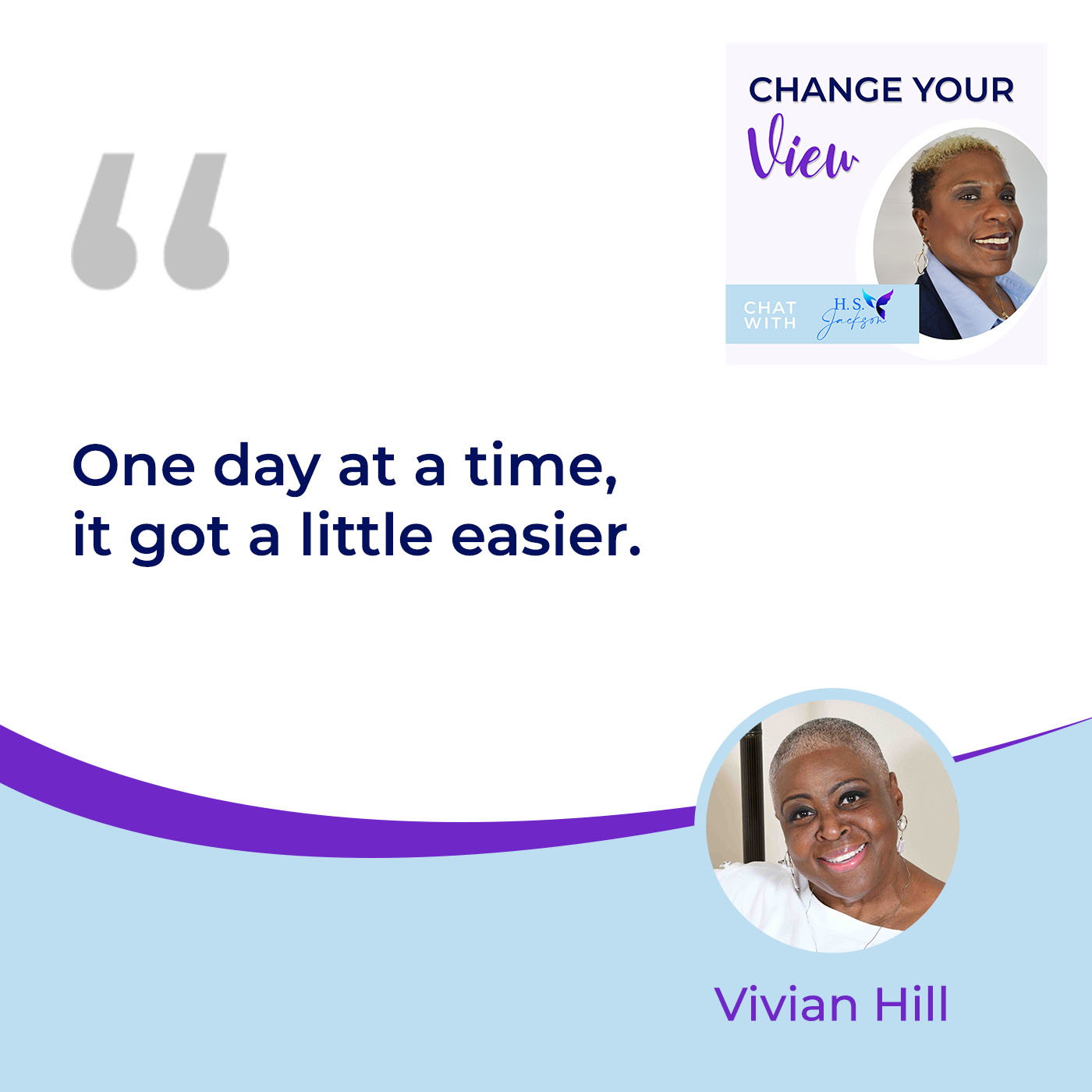
I told my AA sponsor, “I don’t want to be there with all the women. They look like cutthroats.” She said, “What do you think you look like? What do you think you smell like?” I had to be around people who were real with me, genuine with me, and would tell me the truth. After that, the treatment part was always easy because I could do 28 days, but I couldn’t do 29 or 30.
That was the turning point when you got past that 28 and you moved on up. That’s what I wanted to know. After that 28th day, that’s when you knew you were sailing for.
I was having a meeting every day. I started talking back to my grandmother who wouldn’t talk to me because she was my payee. She would go get my check. I’m at the senior citizen building at 3:00 in the morning hollering, “I want my money.” I know it seems funny, but it’s not funny.
I’m not laughing at you. What I’m laughing at is I’m rejoicing in how you look back on this filled with joy and happiness, and not be here in tears. That’s what I’m saying. You can rise out of those ashes and become the person because that’s the whole point of my foundation. That’s called Ava’s Pathways. It’s being able to rise and be that Phoenix moving forward. Please continue.
I remember getting my first apartment after the halfway house. After staying there for 10 and a half months, I got an apartment. At first, he wouldn’t give it to me, but then they gave me a chance. When they gave me a chance, that would give me a little more hope. I was able then to buy a house that would give me a little more hope. I was still empty inside. That’s because I needed that sure foundation, which I know now is God. I joined Victory Apostolic Church, my church home now. My pastor is Andrew D. Singleton Jr. who believed in me and had enough confidence in me to allow me to help start a substance abuse program at the church.
Not only was I able to do that. Every time, they gave me a little glimpse of reality that I could do this. I can make it without drugs. I can make it without any substance. I don’t have to rely on anything to feel good about myself. I started finding new things and new ways to get high. I ride my bike in the wind. I love that. The sun on my face, I love that. I’m going to museums and doing other things to get high.
Another thing that you said because you keep dropping nuggets and you think I’m just going to let you keep going past them. Hope is the key because as you reach a milestone, you keep going forward because you get a new glimmer. It’s seen not with your natural sight, but with your spirit that allows you to keep going. You’re like, “If I could do this, I could do another thing.” You kept adding on. Another thing is that people gave you a chance. I love the fact that you said the pastor allowed you to start a substance abuse program at the church. That is so much needed but think about all these things because we glanced over it, but I want to stop there for a minute. You found purpose from your trauma.
Yes, absolutely. I know now that everything that I went through was to be the person that I am now. To be able to help someone else in their addiction. I know what it feels like to tell somebody, “Get out of here. Go get a job. Go find a job.” I know the humiliation that it causes a person. I vowed never to treat someone like that again. If I have money and you ask me for it, you have it. I’ll give it to you because I know what it feels like to be turned down. That’s up to you what you do with it.
You have to answer to God for yourself, but I have to answer to God as well. I have to answer because I have been given a chance to start over. I don’t want to mess this up. I can’t mess it up. I don’t want to die out there like this. Every time somebody gave me a chance, it gave me hope. I started a substance abuse program at Victory. It was very successful. It ran for 9 or 10 years until we moved to the new church for a half year after that. At the same time, I started my substance abuse.
I was about to say. That’s what I want to know. We’re going to the next fork in our journey here. You’re facilitating a substance abuse program at the church. Now, you said you moved on to open your own business. Tell me about that.
I worked in substance abuse when I got clean and sober. I took exams, passed, and became a Certified Addictions Counselor. I learned how to write grants. Not just grants, but a proposal to start my own business. I have been very successful at that for 22 and a half years. In 4 months, it will be 23 years. It’s because of that hope and people giving me a chance. I have been able to help other people recover from the afflictions of alcohol and drugs. It’s because I don’t put them down. I don’t talk about them. I treat them with respect and professionally with love, kindness, and care.
People want to be loved. They yearn for love. For somebody to care about them. Not just give them money or a coat. Don’t give me a coat because they can make it out there without a coat. If you get enough alcohol, you don’t need a coat. You can make it. They want love. They want someone to genuinely care about them. I have been able to do that. I’m a certified addictions counselor myself. I’m a licensed entrepreneur and alcoholic drug use provider. I’m licensed for adults, and adolescents, a DUI provider, and an evaluator for the state.
People just want to be loved. They yearn for love, or somebody to care about them. Share on XI’ve worked in Cook County Jail doing alcohol and drug assessments. I’ve worked with different community organizations, methadone maintenance, and women’s inpatient programs. All sorts of programs gave me the knowledge to be able to help other people. That’s what I do. I take little nitpicks from all of the programs that I have worked at and have been able to successfully run my own. I thank God. I know it’s all about God that I’ve been allowed to do these things. Not from working in a state-run facility but from owning my state-run facility.
Let me ask you this because I know as you journeyed from working and getting back clean, it wasn’t easy, I’m sure, opening up your own business.
No.
What was the struggle that you faced that made you go, “Why am I doing this? Why am I going forward with this when this is so much harder than I even anticipated?”
My struggle was education. People felt that because I only had a Bachelor’s degree, I didn’t qualify to run my own business. I’m telling you, I’m at a level with PhDs and doctors and people who ran their facilities with PhDs. When I only had Bachelor’s, they were looking at me like, “Who does she think she is?” My program was more successful and I started advising them because I had the humility and had lost that pride. I didn’t have that pride anymore. I did go back to school. I got my Master’s in Social Work. Not long ago, I received an honorary PhD in Theology. I thank God for that. It’s been an ongoing success I believe because I am willing to give back, love, and help others get to where they need to be and not judge at all.
Your story is amazing. You started from living just for drugs to then finally figuring out that life was worth living. You were willing to kill yourself because you felt that you were not loved and you had so much pride that you didn’t want to ask for help. You then became humble and you went through the program and got into the community that allowed you to keep going forward to increasing your education. You’re opening up your own business.
Now you are counseling others who were where you were because you’re reaching back to help someone else see that there’s more to life than what’s in that pipe or the needle. You want to show them that life is possible outside that high or whatever they’re going to receive. It could be so much more fulfilling. When you’re doing that pipe, you are a slave to that. Why not be a slave to the one that created you doing the work? You could be a slave to the one who created you doing the work that he has established for you, but you had to go through that to get to where you are now.
I like that you said that because you are right. Everything that we go through is for a reason, and there’s a season in it all. I had to go through what I went through and I’m still going through it. Don’t get me wrong, I’m still going through it. I still fall short. I’m not perfect by any means. I fall short, but I’m willing to learn and get back up. I’m a minister now at the Victory Apostolic Church. I have been trusted to pray for others and to lead others. Not just at church, but out here in the world. Out here, I’m able to help other people. That’s what’s fulfilling to me.
Everything that we go through is for a reason, and there's a season in it all. Share on XIf I can get one soul to say, “Yes, I need to turn my life around. I’m willing to change. I’m doing it,” that’s where the glory is. It’s about helping another soul and someone that reached for me. They’re reaching. They’re out there. We’re just not looking for them. We get anything in the pipes. Those drugs, we don’t know what we’re getting now. People are so cruel, shrewd, mean, and evil. You don’t know what you’re getting. Any hit could kill you at any time.
One more thing you said, Vivian, that sticks with me. Our time here has been flying. I can sit here and talk about this but one more thing that you said to me is that we have to open our eyes to see the person that we’re looking at. A lot of times, we are so focused on ourselves, but if we were to look at that person, they might be somebody we could help like that man at the chicken place. The man said, “Get on out of here. I’m not giving you a piece of chicken.” If he had looked at you, not the physical part, but looking inside to see the person, Vivian, he would’ve said, “I’m going to extend you a hand.”
When I think about it, that was the turning point for you because, in some way, he did help you. You left out of there feeling rock bottom. He did help you in his way because if he had given you that piece of chicken, you would’ve kept going down that route. I would take that back. Think about it, because it was him telling you, “Get a job.” Him putting you down made you go, “Life is not worth living” to the point where you said, “Life is worth living.” You then said, “I am going to get clean.” We all have to reach that spot. I commend you for the work that you’re doing now. Tell us the name of your business and how long you’ve been in business. Tell us a little bit about that.
My business is Hill ASAP. ASAP stands for Alcohol and Substance Abuse Program. It’s Hill Alcohol and Substance Abuse Program. We’re an outpatient alcohol and drug treatment program for adults and adolescents. Primarily, for DUI offenders, but we are licensed to service anyone in the United States. We’re licensed by the government. We’re licensed by the state of Illinois. We’re licensed in Indiana. American Counseling Association and National Association of Forensic Counselors. We have a lot of positions available, part-time positions for counselors and administrative assistants. We were, at one time, with five locations in Lynwood, Homewood, and Crete, we just left the Crete location, and are now in Flossmoor.
We do the outpatient. We link and do network and referral with other facilities in the South town suburbs. We do help others in other ways as well as the clients. We help teach other people. My pastor is good at teaching. He likes leaders and he teaches others to help others. He’s one of those who like to move forward to teach one or help one to help one. He’s great in that. He and his wife, Sister Brenda Singleton are great role models. They’ve been getting ready to celebrate 49 or 50 years of marriage coming up. I’ve been with my husband for 44 years. We’ve been married for 38 years with 5 children and we adopted 1 child.
We have been able to move forward since sobriety and I decided to walk through. Not everybody has the voice to be able to express themselves as to what they want. I didn’t know what I wanted. All I know is I wanted to stop killing myself. I didn’t want to die out there in that street. I was convinced that I was going to die like this on drugs and stuff. The Lord spoke to me and said, “My child, come home. You’re not going to die like this.”
Not everybody has the voice to be able to express themselves as to what they want. Share on XThat’s so powerful. For the audience to know, me and Vivian go to the same church. Pastor Singleton is my pastor, too. He’s a teacher of the word and I do greatly appreciate him.
I have my own story about him, but this is not my time to talk about my story. I thank you so much for your sharing, being transparent, and being true. I know that your journey will help someone else move forward in their journey in life. They’re going to put down that pipe, put down that drink, or whatever they’re using. It keeps them momentarily satisfied when they can be eternally satisfied. Momentarily, rewards go away, but what you’re doing now is rewards that are going to be for a lifetime. You’re leaving behind an imprint on someone else’s life. You’re helping to pull them up.
Do you have one parting thought that you want to leave with someone that might be going through or you can speak to them that could help them think about themselves? As you said, it’s not about you telling them that they have to, but what can you put a thought in their mind that you might leave them with?
I have two. One, to the user that’s still using, don’t give up at all. There is help around the corner. You just have to have the courage to ask for it. You have to have the courage to ask for help. Two, for those who have stopped using, stay true to your mission. Whatever your vision is, stay true to it. Stay centered and focused on what it is you’ve been called to do. Sometimes we can get so caught up in watching other people’s walk that we forget about what ours is or we don’t stay centered on what our mission is. Stay true to what it is God has called for you to do. Both of them, don’t give up.
Thank you for your time, Vivian. I thank you audience for tuning into another segment of the show. I pray that this segment helped change your view and that you will not give up. As Vivian said, do not give up because giving up is not an option.
Amen.
Important Link
About Vivian Arneice Smith
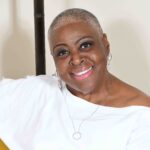 Vivian Arneice Smith Hill used drugs to live and lived to use drugs. From the moment my mother died in 1981, she went to her house, to the basement of her ex-husband’s bar and got drunk. Vivian was on a binge of drug and alcohol abuse for ten years. GOD delivered her on November 23, 1991, from the afflictions of alcohol and drugs. HE bought Vivian out of darkness into his marvelous light and did not stop there. Vivian is an entrepreneur who founded and developed Hill ASAP, an Outpatient Alcohol and Substance Abuse Treatment Program and Spearheaded Hill House Foundation an Inpatient Substance Abuse Treatment Program for women and children for over twenty years. She is blessed with a wonderful husband of thirty-eight years and five children.
Vivian Arneice Smith Hill used drugs to live and lived to use drugs. From the moment my mother died in 1981, she went to her house, to the basement of her ex-husband’s bar and got drunk. Vivian was on a binge of drug and alcohol abuse for ten years. GOD delivered her on November 23, 1991, from the afflictions of alcohol and drugs. HE bought Vivian out of darkness into his marvelous light and did not stop there. Vivian is an entrepreneur who founded and developed Hill ASAP, an Outpatient Alcohol and Substance Abuse Treatment Program and Spearheaded Hill House Foundation an Inpatient Substance Abuse Treatment Program for women and children for over twenty years. She is blessed with a wonderful husband of thirty-eight years and five children.
